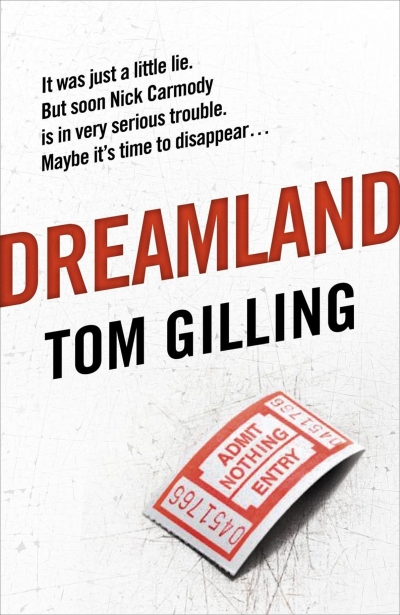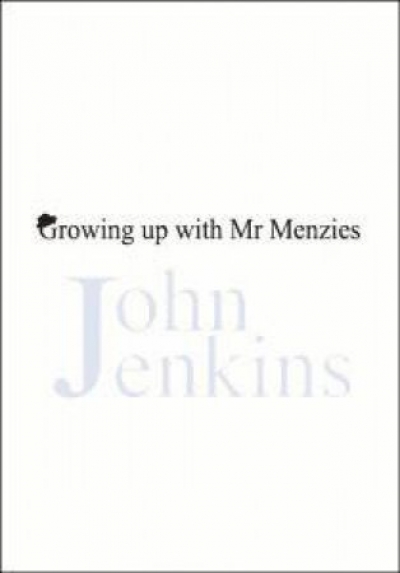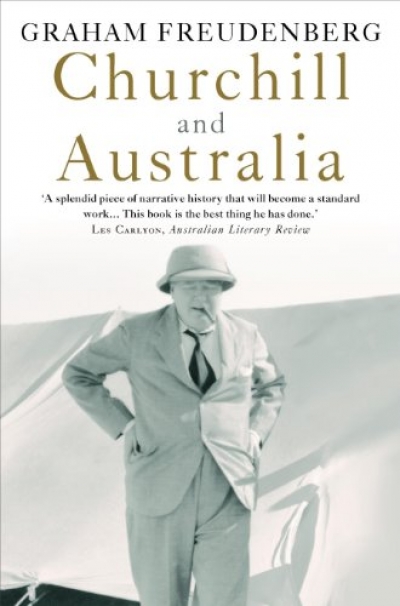Accessibility Tools
- Content scaling 100%
- Font size 100%
- Line height 100%
- Letter spacing 100%
Archive
Families: Modern Australian short stories edited by Barry Oakley
Strange Museums: A Journey through Poland by Fiona McGregor
There are no lions to whelp in the street any more,
and conversely
the Council by-laws forbid
the keeping of the pigs and chickens, goats and cattle
whose prodigious multiplications
could serve as an adequate metaphor
and there are only so many burgeoning plants
you can squeeze into a one-by-three-metre courtyard
but the possums have come back,
and the daylight moon
... (read more)Churchill and Australia by Graham Freudenberg
John Reed would have relished it. He could have stood in Times Square in mid-October and watched as the neon newsflash chronicled the fall of capitalism as we know it. And felt the tremor. The difference now is that the ripple effect of seismic events spreads almost instantly. As Wall Street gyrated, banks in Iceland collapsed, and British police departments and local councils faced billion-dollar losses because their investments in Iceland had suddenly gone sour. British bobbies investing in Icelandic banks? Why on earth? That’s a wisdom-in-hindsight ques-tion, of course, but wisdom has been running so far behind delusion for decades that one wants to ask it anyway. Thomas Friedman began his New York Times column for October 19 by asking, ‘Who Knew? Who knew that Iceland was just a hedge fund with glaciers? Who knew?’ His repe-titions underscored the absurd face of the financial tragedy. The implications of the question – who is responsible? – reverberated around the world.
... (read more)For the second half of 2007 and the first half of 2008, I was the professor of Australian Studies at Harvard University. This is an annual appointment, open across the range of disciplines that lend themselves to the study of Australia, so that my predecessor, Jim Fox, was a member of the department of anthropology, and my successor, Iain Davidson, is now working in the depart- ment of archaeology. I joined a large and vigorous department of history, which has about fifty members.
Some months before I left, the head of department asked me to prepare a course guide for my first semester of teaching. To help me, he sent a copy of one of his own recent course guides. It was quite adequate: the lecture pro- gramme, reading list and assessment procedures were all set out. But to anyone teaching in an Australian university it looked decidedly scant, the sort of handout that might have passed muster twenty years ago, before university learning and teaching committees began to insist that generic skills and key learning outcomes be specified for all subjects.
... (read more)Vale Jacob Rosenberg (1922 – 2008)
The presence of octogenarians and even nonagenarians on publishers’ lists is one phenomenon of the age. Sybille Bedford gave us her exotic memoir, Quicksands (2005), in her ninety-fourth year. P.D. James, aged eighty-eight, has just published another novel, The Private Patient.
The Melbourne writer Jacob Rosenberg, who died on October 30, was not quite that old, but in some ways he seemed as old as the accursed century that he wrote about so memorably. Rosenberg was born in Poland in 1922. During World War II he was confined in the Lodz Ghetto, then transported to Auschwitz. In 1948 he emigrated to Australia with his wife, Esther.
... (read more)




